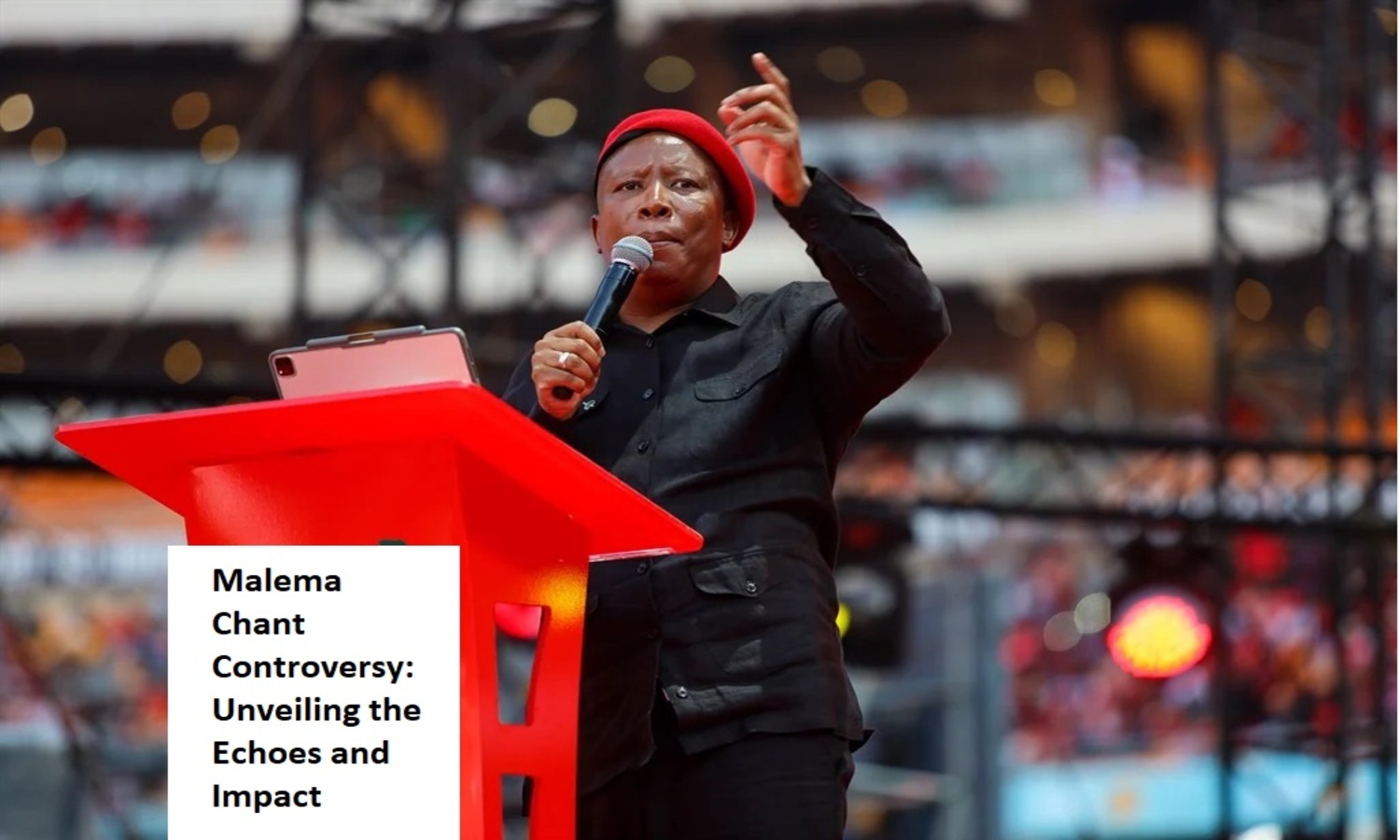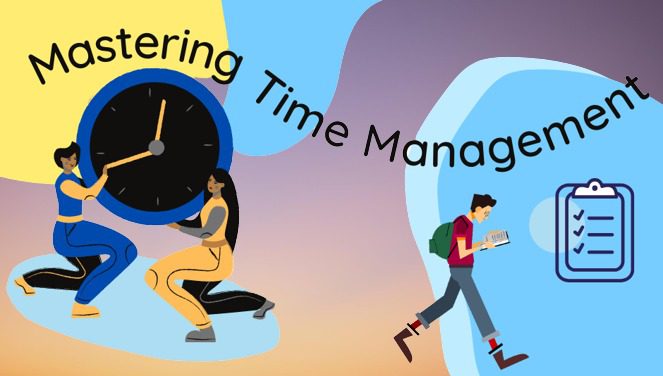Malema Chant Controversy: The courageous leader of a left-wing South African party took the microphone as the political event was ending, inspiring thousands of admirers. The charismatic figure stomped and chanted rhythmically in an arena in Johannesburg, South Africa, making onlookers want to join in. The throng shouted and raised their fingers like guns in a show of unity.
“Kill the Dutchman!” Julius Malema’s white farm-related shout reverberated. The audience roared throughout the field. The footage of this tense moment went viral and inspired US far-right extremists to violence. When South African-born billionaire Elon Musk joined the discourse, things became worse.
Elon Musk, who has many Twitter followers, stated, “They are openly pushing for the genocide of white people in South Africa.” Musk, a famous white person, joined the discussion and fueled it.
Right-wingers in South Africa and the US have recounted similar stories in recent years. This merger is based on white farmer attacks being exploited to falsely claim mass killings. EFF leader Julius Malema. He wants white landlords to give Black South Africans land. His fervent chanting and posture have generated further difficulty, especially among whites.
Despite its furious lyrics, the song does not advocate violence. Julius Malema, anti-apartheid movement veterans, and experts researched the song’s history. When Black South Africans resisted a violent and racist regime, the chant began. It’s decades-old. This slogan was a rallying cry against apartheid. It still represents the nation’s political identity.
In the early 1990s, youthful ANC leader Peter Mokaba initiated the chant. In 2012, the ANC, which spearheaded South Africa’s freedom struggle and has ruled the country since mixed democracy almost 30 years ago, severed connections with the song. Julius Malema was expelled from the party for making controversial statements during
this dispute.
Politics professor Bongani Ngqulunga from the University of Johannesburg discusses apartheid protest songs in this complicated story. These songs often referenced travelling to the capitol or symbolic events. Thus, “kill the Boer” does not advocate farm-level violence. Instead, it is a call to unite and resist an unjust system.


Nelson Mandela University historian Nomalanga Mkhize concurs. He claims the cry empowers and unites today’s youngsters without ill intent. The Democratic Alliance’s white leader, John Steenhuisen, disagrees. According to him, “brutal farm murders continue to rise in the wake of Malema’s demagoguery.” No proof was provided.
Julius Malema responded by tweeting, “Bring it on, small boy.” “Why do I have to teach Elon Musk?” Malema replied to Musk’s comment. He appears illiterate. Only his white skin protects him.” Malema is steadfast. A court judgement from the year before allowed him to shout “Kill the Boers.”
Remember that a South African judge banned Julius Malema from singing the song because it was hate speech over a decade ago. After forming the Economic Freedom Fighters, Malema enthusiastically sang the song
again. Last year, Afrikaner rights group AfriForum sued Malema, resulting in a significant court ruling.
READ MORE : Giuliani Enigma: From Respected Prosecutor to Mysterious Co-Conspirator 1 in 2020 Indictment.
Also Read: NFL Suspensions: Kamara and Lammons Benched After 2022 Nightclub Altercation
Our Reader’s Queries
Where is Malema originally from?
Born in 1981, Malema grew up in the township of Seshego near Polokwane in the Transvaal, now called Limpopo. He comes from a Northern Sotho family, and his mother worked as a domestic worker and raised him as a single parent. When his mother passed away, he was cared for by his grandmother until her passing in May 2019.
What is the anti white song in South Africa?
Dubul’ ibhunu (Xhosa: [d?b?li?bu?nu?]), also known as shoot the Boer or kill the Boer, is a song from South Africa. Despite being sung in Xhosa and Zulu, it has faced criticism for being racist by groups like AfriForum, the Democratic Alliance, and the Freedom Front Plus.
What percentage of the South African population is white?
In the census, Statistics South Africa requests individuals to categorize themselves into five racial population groups. As of 2022, the breakdown is as follows: 81.4% identify as Black South African, 7.3% as White South African, 8.2% as Coloured South African, and 2.7% as Indian South African.
Why did Elon Musk leave South Africa?
In his book Rocketeers, Musk stated, “I didn’t have a problem with joining the military in general, but being part of the South African army’s efforts to oppress black people didn’t sit right with me.” Musk then moved to Canada to live near relatives before attending the University of Pennsylvania on a scholarship.

